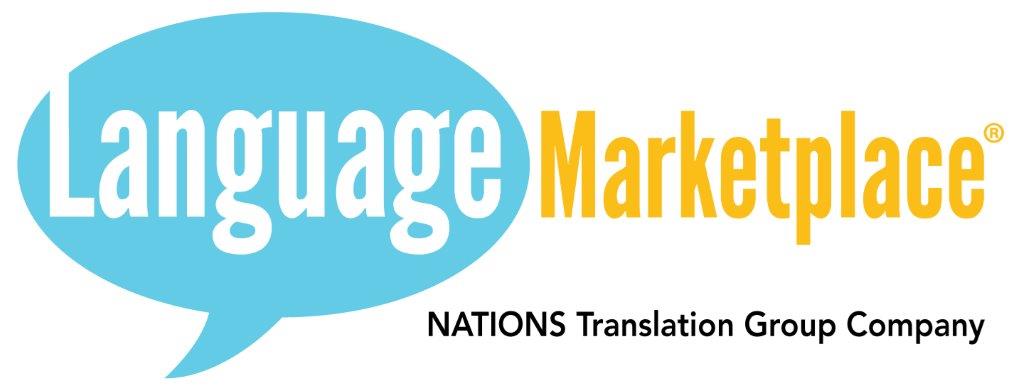In 2011, the Ontario government released the final AODA Integrated Accessibility Standards regulation under the Accessibility for Ontarians with Disabilities Act, 2005 (the “AODA” or the “Act”). The Final Regulation combines accessibility standards in three areas – information and communication, employment, and transportation. It’s estimated that a third of Canada’s population falls under the criteria for disability. The need for making public texts, government forms, websites and the like accessible to everyone is important to ensure equal access to opportunities and resources. This is where translation, language accessibility and its services come into play. It also allows everyone to operate freely from discrimination in federal jurisdiction.
When the AODA became law, this had a major influence in other provinces in Canada. Just two years later, the Accessibility for Manitobans Act (AMA) became a law in 2013. This allowed the Manitoba government to address and develop mandatory accessibility standards that have been applied to accessible customer service, accessible information and communications, an accessible built environment, employment accessibility and accessible transportation.
Information, Communication and Web Accessibility
It became the law that the Broadcasting and Telecommunications Regulatory Policy, (CRTC 2009-430) must promote information on all their disability-specific services and products in accessible manners. Some include having home page links on their websites to special needs and disability sections, ensuring that customer service representatives are well versed in relative information in training in order to handle disability-related enquiries.
The Government of Canada’s new standard on Web Accessibility 2.0 and Web Usability is now in effect to reflect these modern practices and apply them to the World Wide Web and other changes in the realm of technology.
The World Wide Web Consortium (W3C) is the industry recognized body that sets standards for making websites accessible to all kinds of people, especially those with different abilities or disabilities. Functionality, access to information and equal usability are three main aspects the Web Accessibility Initiative (WAI) is concerned with. In order to bring your website to this level of accessibility, web pages and processes must be validated for compliance with W3C’s standards or WCAG 2.0 level AA.
Interpretation Services
Effective on-demand communication is required in many business and government contexts in today’s multi-cultural and multilingual world. Access to language services is important now more than ever as it also plays a significant role of accessibility. Phone interpreters are often used for medical, legal, governmental and social services along with other public sectors like health. Phone interpretation is considered as language accessibility–a basic right under the Human Rights Code and the AODA.
Costs for translation and language interpretation are funded regularly through a budget for services and support available throughout local cities in Canada.
Language marketplace is well versed on the necessary translation and web standards used today in the modern world. We also offer phone interpretation services in 110 languages, 24/7 in order to provide you a quick time-sensitive service you can rely on. All of our interpreters are trained professionals who are well-versed and educated on standardized codes of ethics.
Make your information, communication and web accessibility compliant with accessibility laws. Ready to start a project? Get a quote today.

